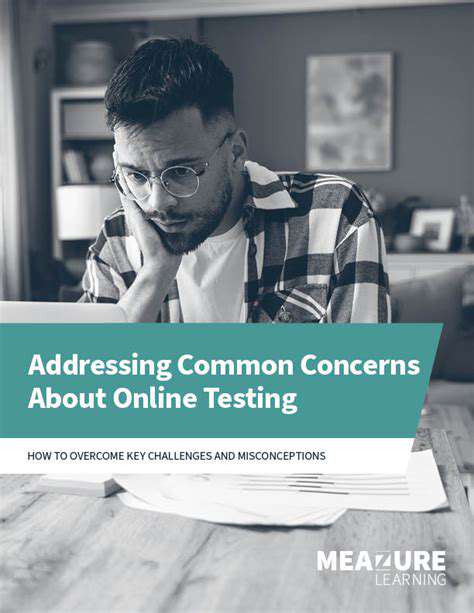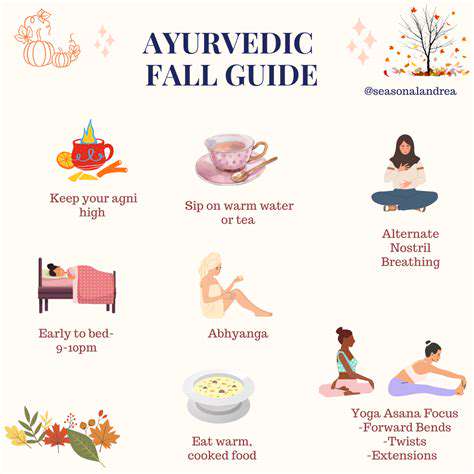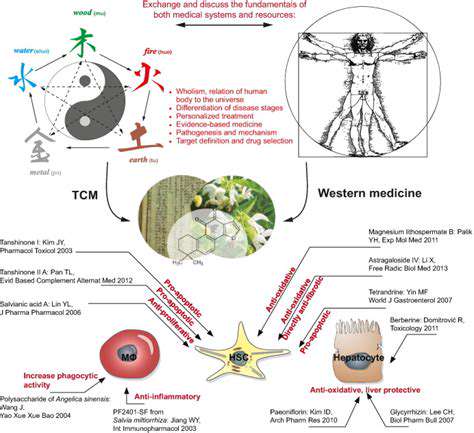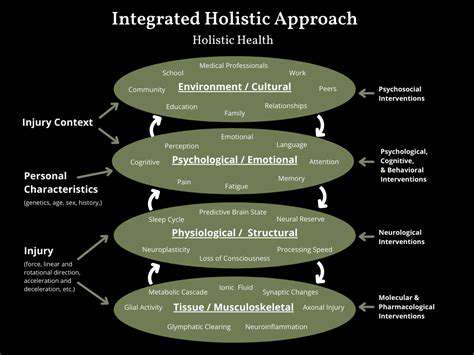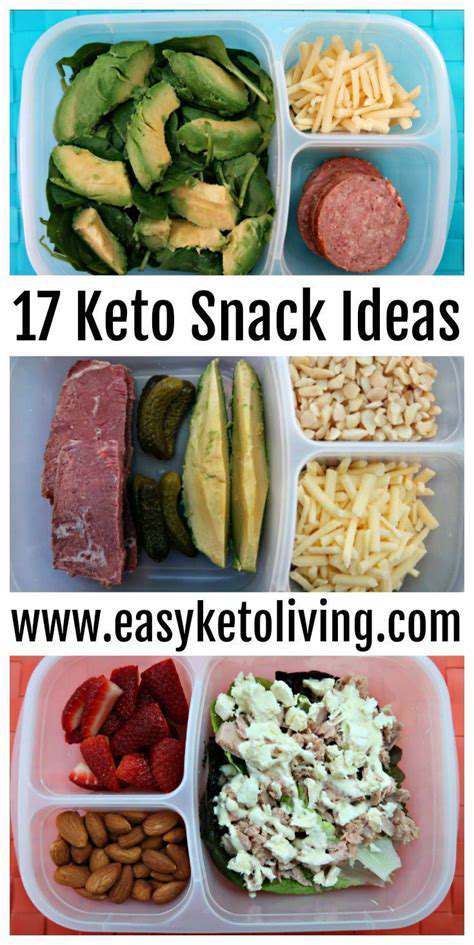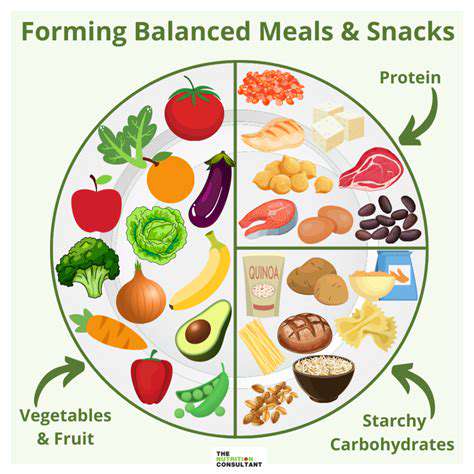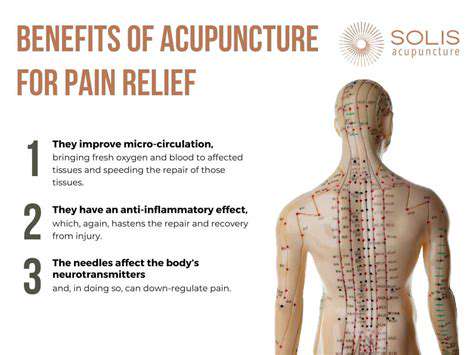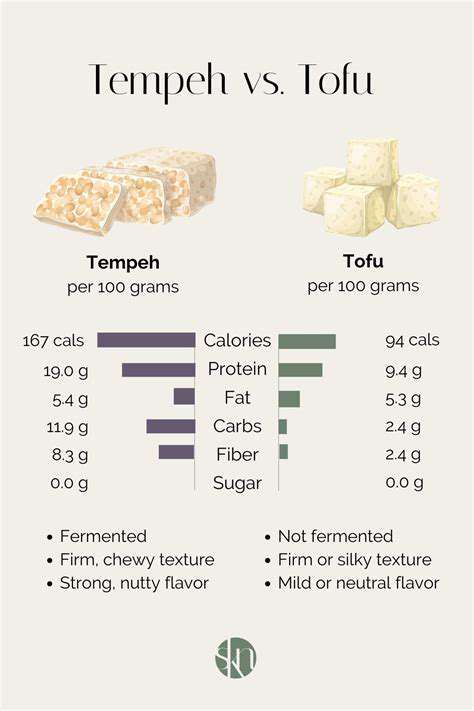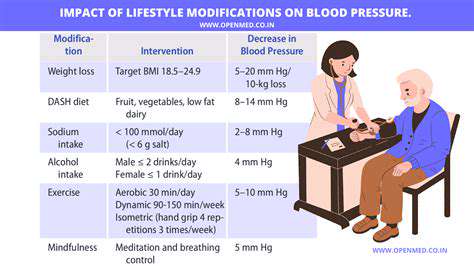Supplements for Energy and Vitality: A Guide
Vitamins and Minerals for Enhanced Energy
Specific nutrients play indispensable roles in how your body generates and uses energy. The B vitamin family, for instance, helps transform the food you eat into fuel. Iron keeps oxygen moving through your bloodstream, while magnesium assists with hundreds of bodily processes including energy creation. Correcting shortfalls in these areas can dramatically improve how energized you feel.
More isn't always better when it comes to vitamins and minerals. Some can cause problems at high doses or interact with medications. That's why professional guidance matters – they'll help you find the right amounts and combinations for your situation.
The Role of Protein in Supporting Vitality
Protein serves as your body's building block for tissue repair, immune function, and overall stamina. While most people get enough through a varied diet, athletes, highly active individuals, or those with dietary restrictions might benefit from extra protein. The key lies in selecting the appropriate type and amount for your needs and activity level.
Adaptogens for Stress Management and Energy
Plants like ginseng, ashwagandha, and rhodiola fall into the adaptogen category – natural substances that help your body handle stress more effectively. For people dealing with constant pressure that leaves them drained, these might offer support for maintaining energy through challenging times.
Choosing High-Quality Supplements
The supplement market varies widely in quality. Look for products that undergo independent testing to verify what's on the label matches what's in the bottle. Reputable companies will provide clear information about ingredients, amounts, and potential allergens. Keep in mind that supplements work best when combined with healthy lifestyle choices rather than serving as replacements for them.
Considering Potential Side Effects and Interactions
Every supplement carries possible risks, from minor digestive upset to significant medication interactions. This becomes especially important if you have existing health conditions or take prescriptions. Having an open conversation with your healthcare provider helps identify potential concerns before they become problems. Understanding both benefits and risks leads to smarter decisions about what supplements might work for you.
Exploring Popular Energy-Boosting Supplements

Understanding the Science Behind Energy Drinks
Energy drinks dominate convenience store coolers with promises of instant vitality, but their effects stem from a potent mix of caffeine, sugar, and other stimulants. While caffeine blocks sleep signals temporarily, this approach doesn't solve fatigue's root causes and can create dependence over time.
The temporary boost comes at a cost – energy drinks often lead to subsequent crashes that leave you feeling worse than before. Understanding this cycle helps explain why they're not a sustainable solution for ongoing energy needs.
The Role of Sugar in Energy Drinks
That sugar rush from energy beverages triggers rapid insulin responses, creating a blood sugar rollercoaster. This instability affects not just your physical energy but also your mental clarity and emotional balance throughout the day.
Evaluating Alternative Energy Sources
Healthier approaches to maintaining energy focus on whole foods, regular movement, and sufficient rest. Physical activity improves circulation, delivering more oxygen and nutrients to power your cells naturally. Quality sleep allows your body to repair itself, leading to more consistent energy levels without artificial stimulants.
Potential Health Risks Associated with Energy Drinks
Overconsumption of energy drinks can trigger anxiety, sleep disturbances, and heart rhythm abnormalities in susceptible individuals. The combination of high caffeine and sugar content may worsen existing health conditions, particularly heart issues or anxiety disorders. Paying attention to your body's reactions helps prevent adverse effects.
Exploring Natural Energy Boosters
Nature provides numerous options for sustained energy without artificial ingredients. Whole foods like fruits, vegetables, and complex carbohydrates offer gradual energy release that avoids the spikes and crashes associated with processed options.
The Importance of Hydration for Energy
Water plays a fundamental role in energy production that many people underestimate. Even mild dehydration can cause noticeable drops in both physical and mental performance. Choosing water over sugary alternatives supports all your body's energy systems more effectively.
The Impact of Lifestyle on Energy Levels
Beyond what you consume, how you live significantly influences your energy reserves. Managing stress effectively, maintaining consistent sleep patterns, and staying active all contribute to feeling more energized naturally. Building these habits creates lasting benefits that temporary solutions can't match.
The Role of Diet and Lifestyle in Supplement Effectiveness
The Interplay of Diet and Energy Supplements
Supplements work best when combined with a nutrient-rich diet that provides the foundation for energy production. Without this base, even high-quality supplements may fall short of expectations. For example, taking iron supplements proves less effective if your diet lacks vitamin C, which enhances iron absorption.
Conversely, certain food choices can amplify supplement benefits. Antioxidant-rich foods help your body utilize supplement ingredients more efficiently, demonstrating how diet and supplementation should work together rather than separately.
Lifestyle Factors Affecting Supplement Absorption
How you live impacts how well your body uses supplements. Chronic stress, inadequate sleep, and dehydration can all reduce supplement effectiveness. Creating lifestyle habits that support your body's natural rhythms makes any supplementation strategy more successful. Simple changes like drinking more water or establishing consistent sleep times can significantly improve results.
Specific Dietary Considerations for Energy Supplements
What you eat alongside supplements matters. Caffeine-based supplements might work better with complex carbohydrates that provide sustained energy, while avoiding high-sugar foods that cause energy crashes. Understanding these combinations helps maximize benefits while minimizing potential downsides.
Supplement Interactions and Synergies with Diet
Some nutrients work better together – vitamin C enhances iron absorption, while fat-soluble vitamins require dietary fats for proper utilization. Being aware of these relationships helps you time supplements and meals for optimal effectiveness. This knowledge also helps avoid combinations that might reduce absorption or cause discomfort.
